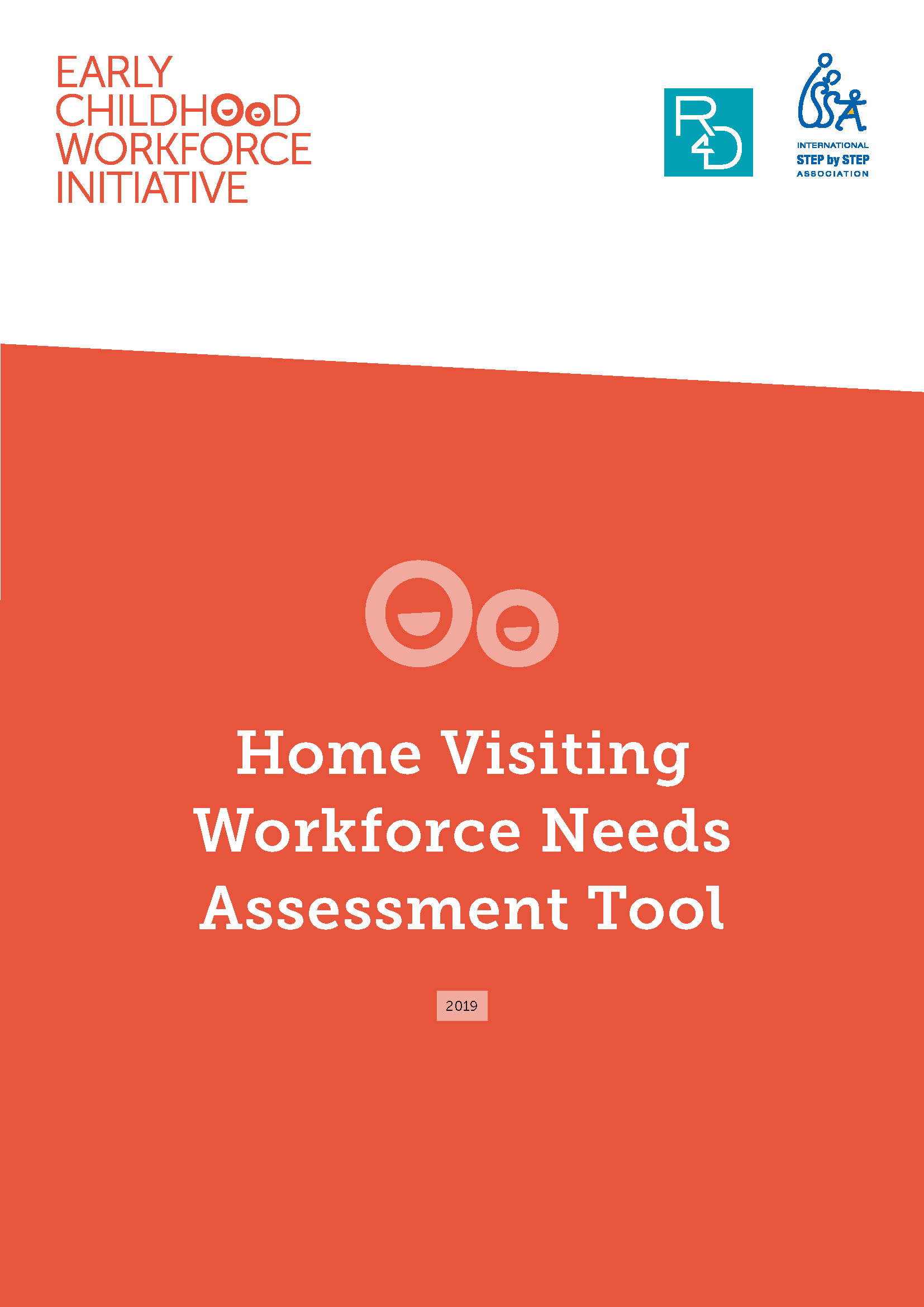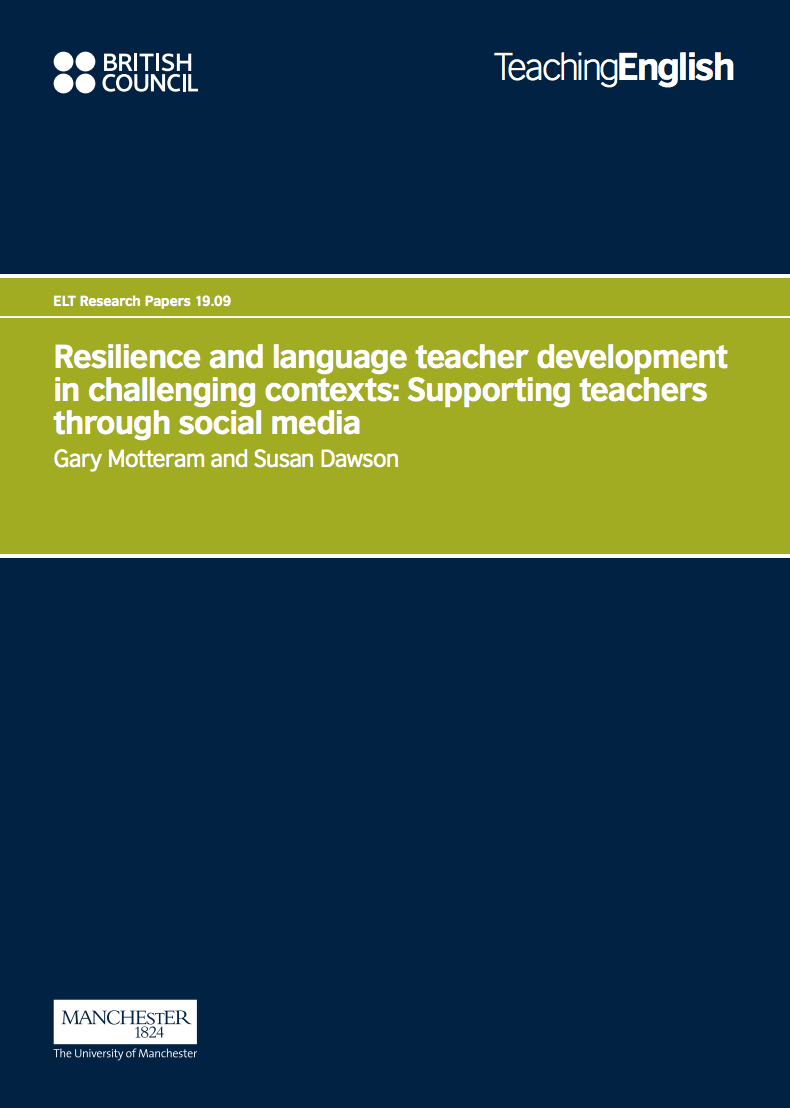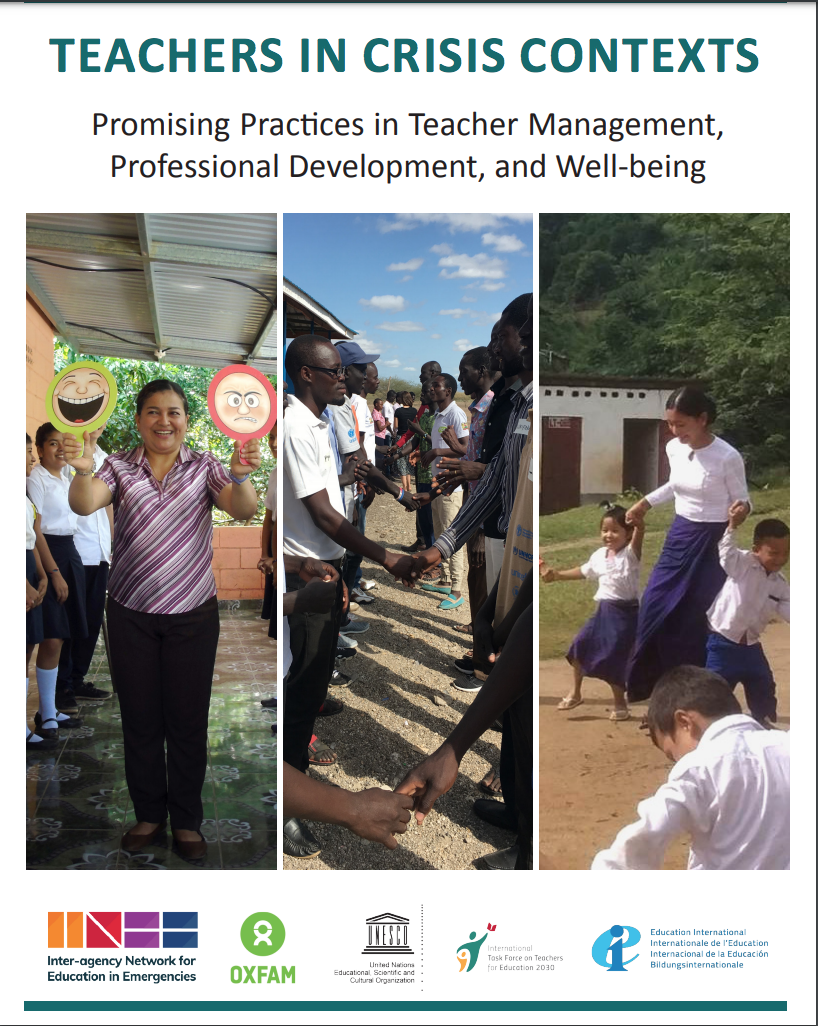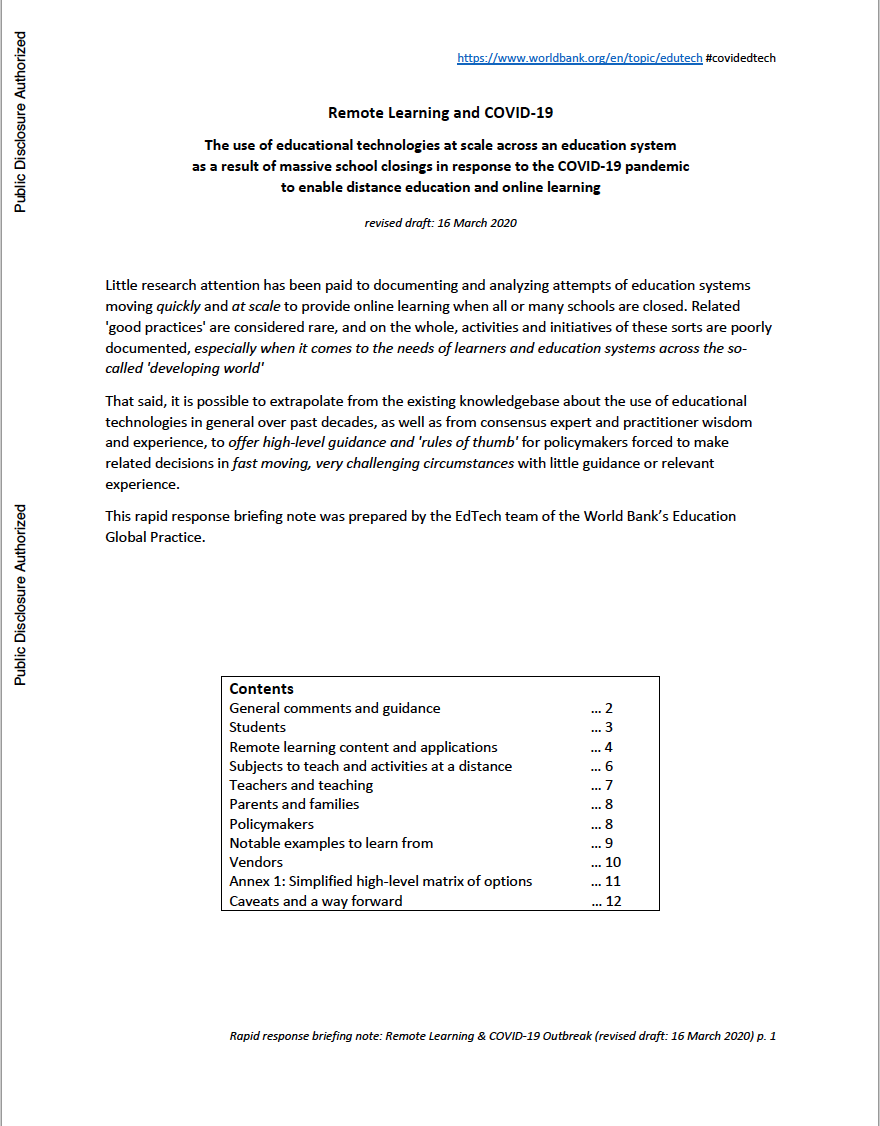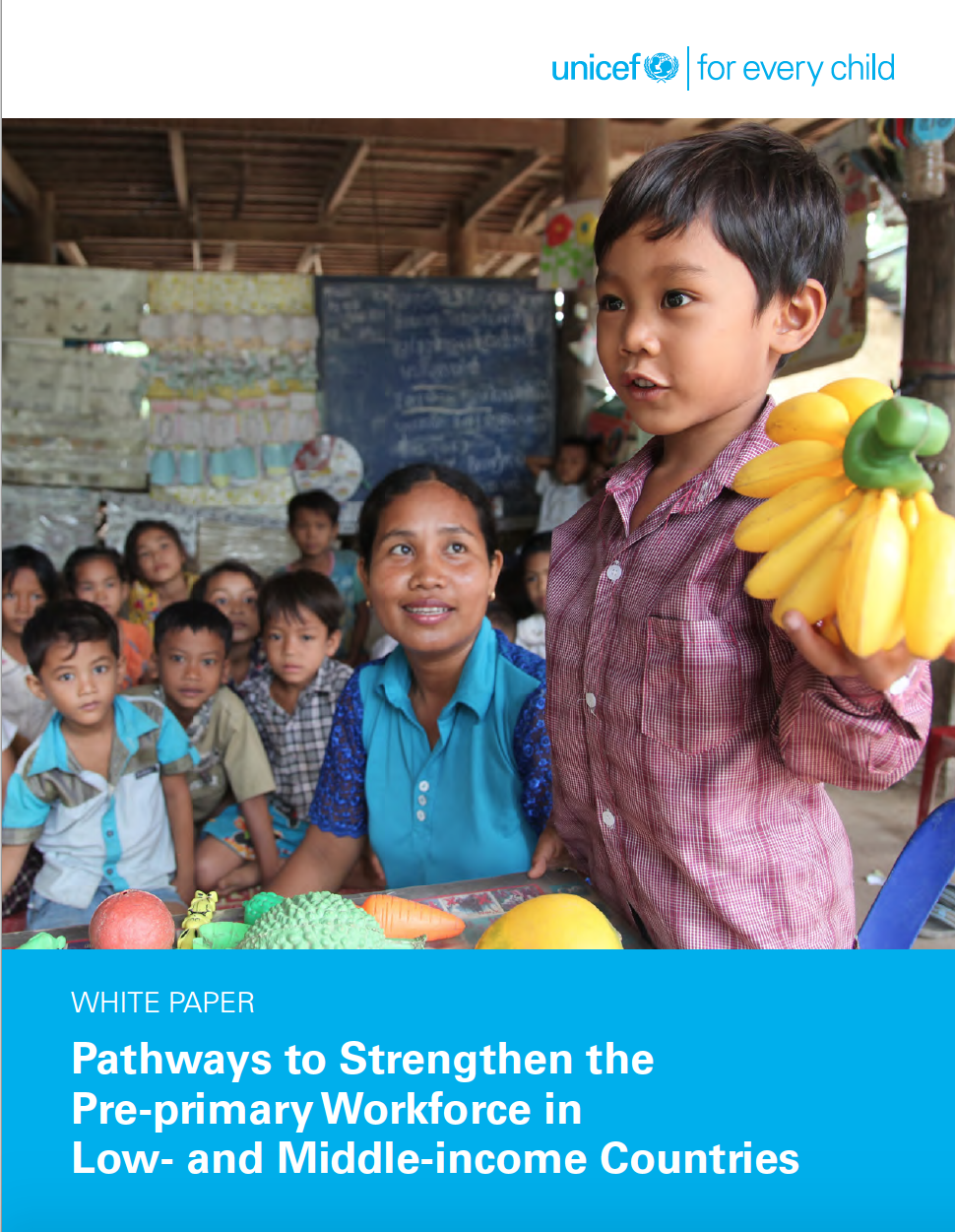Home Visiting Workforce Needs Assessment Tool: A User's Guide
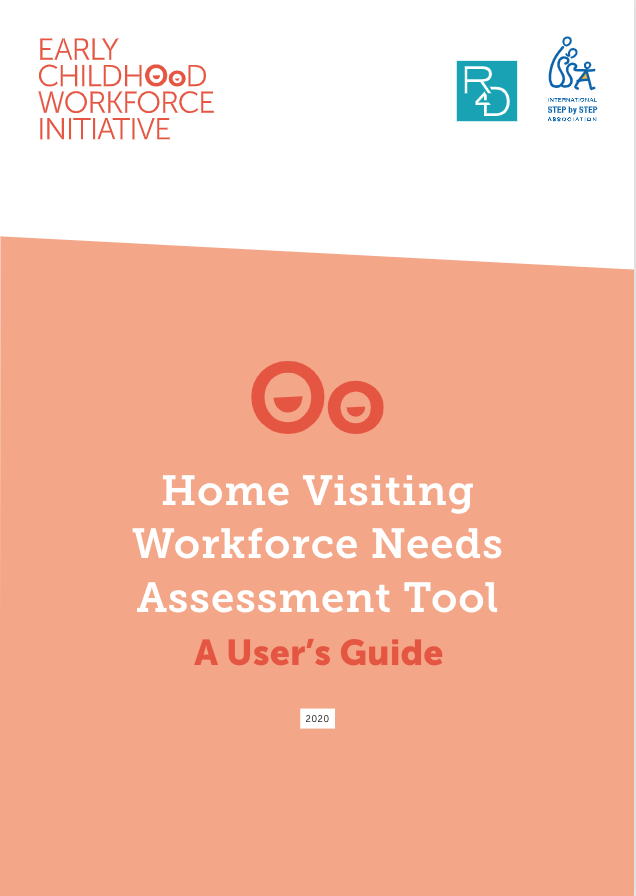
This Guide accompanies the Home Visiting Workforce Needs Assessment Tool, which aims to help Ministries and government agencies reflect on the ways in which they can support personnel delivering home visiting programs across sectors for pregnant mothers and caregivers with children under 3.
Drawing inspiration from the UNICEF Pre-Primary Diagnostic and Planning Tool, this tool is intended for countries with home visiting programs at either the sub-national or national levels. The scope of the Tool includes home visitors who work directly with young children and their families, as well as supervisors and trainers.
The newly completed User's Guide completes the Tool's package. It includes supporting materials, as well as editable handouts and annexes. It is easy to download, translate and adapt to your context. The User's Guide lays out the steps needed to:
- Prepare for the application of the Tool,
- Organize and facilitate a workshop with stakeholders at both the national and sub-national levels, and
- Take action on findings generated from the workshop.
Below, you can find two versions of the User's Guide:
Version 1: a downloadable PDF
Version 2: a ZIP file for Print, which contains:
- A Print version of the User Guide
- 11 editable handouts and annexes that can be adapted for implementation
- A slide deck, which presents an overview of the Tool
Access the Tool here.
Authors: Year of Publication:2020


